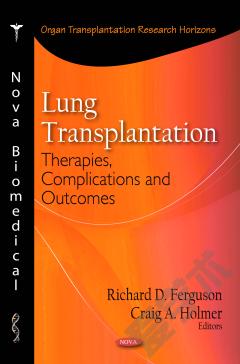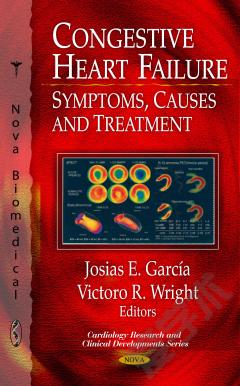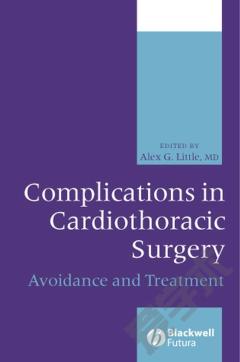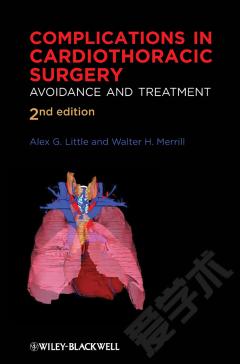Heart Transplantation: Indications and Contraindications, Procedures and Complications
Cardiac transplantation is a widely accepted therapy for the treatment of end-stage congestive heart failure. Most candidates for cardiac transplantation have not been helped by conventional medical therapy and are excluded from other surgical options because of the poor condition of the heart. About 45% of the candidates have ischemic cardiomyopathy; however, this percentage is rising because of the increase in coronary artery disease in younger age groups. Of the candidates, 54% have some form of dilated cardiomyopathy, which often has an unclear origin. The remaining 1% of candidates fall into the category of other diseases, including congenital heart disease, that are not amenable to surgical correction. Candidacy determination and evaluation are key components of the process, as is postoperative follow-up care and immunosuppression management. This new book presents leading research from around the world.
{{comment.content}}








 京公网安备 11010802027623号
京公网安备 11010802027623号